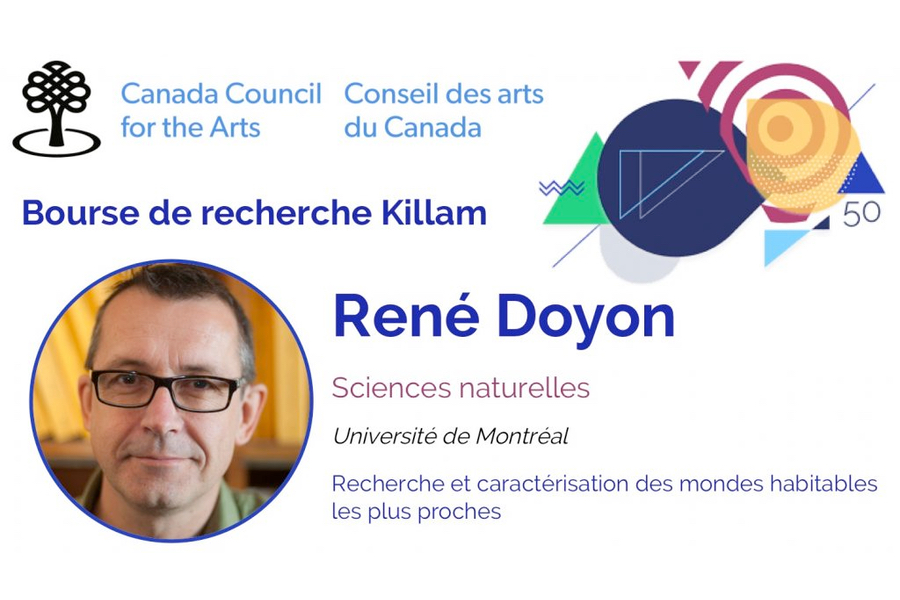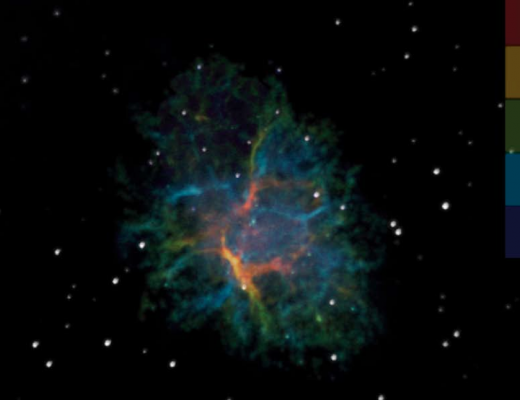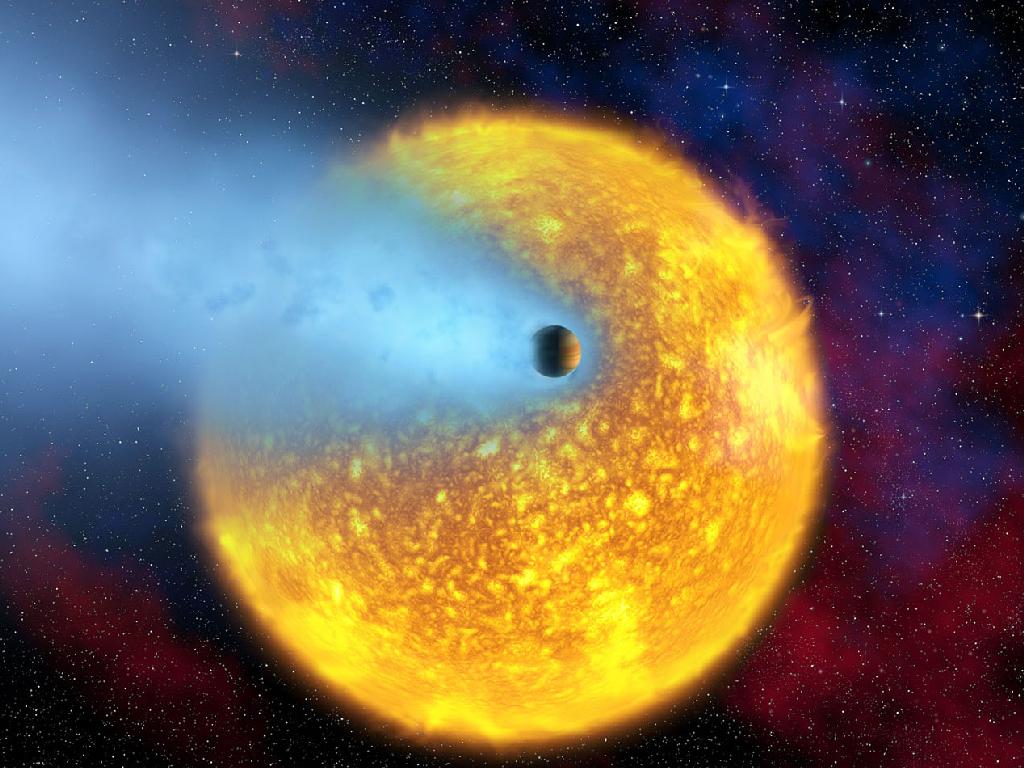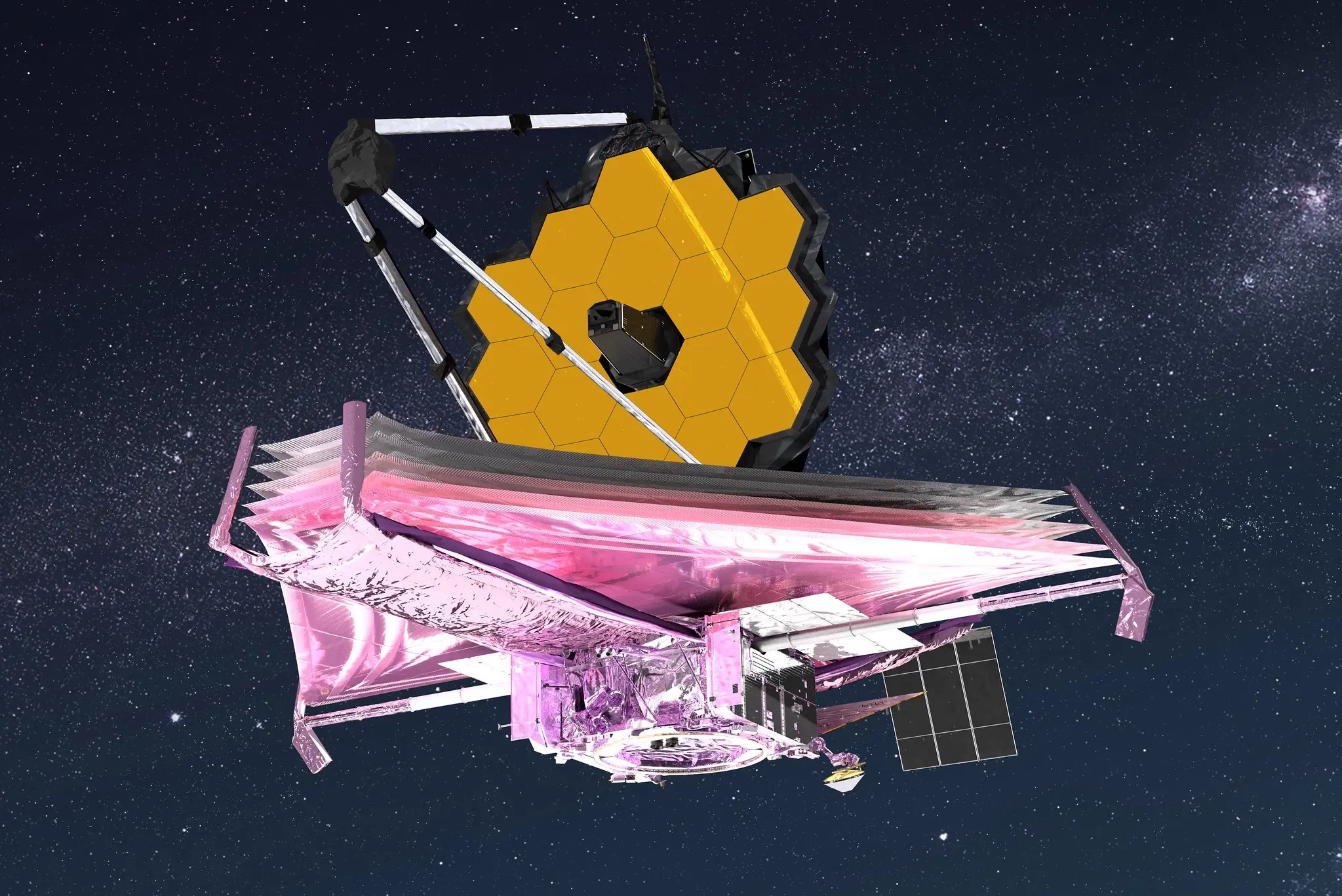René Doyon receives a Killam Research Fellowship

Astrophysicist René Doyon, professor at UdeM’s Department of Physics, director of the Observatoire du Mont-Mégantic and of the Institute for Research on Exoplanets, receives a Killam Research Fellowship from the Canada Council for the Arts. An expert in infrared astronomy, Dr. Doyon focuses on the development of state-of-the-art instruments for ground-based and space-based telescopes that enable the research and detailed study of exoplanets, or planets in orbit around other stars than our Sun.
In 2008, Dr. Doyon was part of the team that obtained the first image of an exoplanet system. With his team at iREx, he is taking a leadership role in various international projects related to the detection and characterization of exoplanets. Dr. Doyon is the principal investigator of NIRISS, the Canadian instrument that will be on board the future James Webb Space Telescope, the most complex and powerful space telescope ever built. He is also involved in the development of SPIRou and NIRPS, two high-precision instruments dedicated respectively to the Canada-France-Hawaii Telescope (Hawaii) and to the 3.6-meter Telescope of La Silla (Chile). These instruments will be used to undertake surveys to identify the Earth’s closest planets, and determine the masses of several hundred planets that will be discovered with NASA’s recently launched TESS Space Telescope. These rocky planets are at a distance from their star that allows them to be temperate, and will be excellent targets for NIRISS, which will make it possible to study in more detail the composition of their atmospheres.
With the first lights of SPIRou this summer, those of NIRPS in 2019 and the launch of JWST in the spring of 2020, iREx researchers, led by Dr. Doyon, will take another step towards achieving their ultimate goal, to identify signs of life outside our Solar system. A lot of work is still waiting for Dr. Doyon and his colleagues in the years to come. The Killam Research Fellowship will provide valuable support in this regard, allowing Mr. Doyon to be relieved of his teaching and administrative responsibilities during the most intense periods when these new instruments will be put into operation.
Canada Council for the Arts‘s Killam Research Fellowship support outstanding scholars to carry out their groundbreaking projects in the humanities, social sciences, natural sciences, health sciences, engineering and interdisciplinary studies within these fields.
Source and more information
Marie-Eve Naud
Institute for Research on Exoplanets, Université de Montréal
514-343-6111, x 7077
naud@astro.umontreal.ca
Links
Link to the news from the Centre for Research in Astrophysics of Québec


